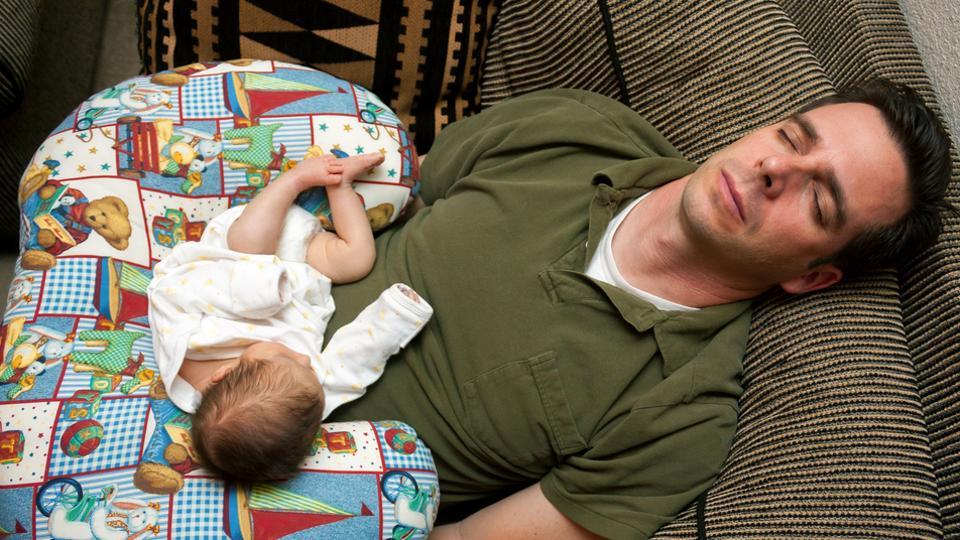New dads too can get the baby blues, but their mental health condition could be hard to detect, according to a recent study.
The research from the Lund University in Sweden showed that depression among new fathers may be more common than previously believed. There is also a major risk that it remains undetected using today’s screening instruments, and that fathers do not receive the help they need.
Detecting depression in new parents is crucial, not only for their own sake but also because depressed parents often become less perceptive to the needs of their child, particularly if the child cries a lot. Babies of depressed parents tend to receive less stimulation which, eventually, could lead to slower development. In some cases, depression may lead to neglect of the child or inappropriately forceful behaviors.
Co-author Elia Psouni noted that these behaviours are not unusual and depression does not only involve major suffering for the parent, but also a risk for the child.
All new mothers are screened for depression, and an estimated 10-12% of women are affected during their first year after giving birth. Fathers, however, are not screened, but previous international studies claim that the proportion of depressed fathers amounts to just over 8%.
The study of 447 new fathers showed that the established method of detecting depression (EPDS, Edinburgh Postnatal Depression Scale) works poorly on men.
“This means that current statistics may not tell the whole truth when it comes to depression in new fathers”, said Elia Psouni. “The screening method does not capture symptoms which are particularly common in men, such as irritation, restlessness, low stress tolerance, and lack of self-control.”
Although one-third of the depressed fathers in the study had thoughts of hurting themselves, very few were in contact with the healthcare system. Among those who were classified being moderately to severely depressed, 83% had not shared their suffering with anyone. Although difficult to know, the corresponding figure for new mothers is believed to be 20-50%.
When it comes to screening depression in fathers, Elia Psouni thinks that the period to consider should be longer than the 12 months currently applied in studies of new mothers. The study appears in Scandinavian Journal of Psychology.












